How is telling the TRUTH being a bad guy? Your BOSS STOLE FROM YOU, end of story. You could have gotten him into a whole world of trouble, the NLRB frowns on that type of behavior. Only you know if continuing to stay at that job is worth it.
My Boss Cut My Salary Behind My Back—Until HR Discovered the Truth
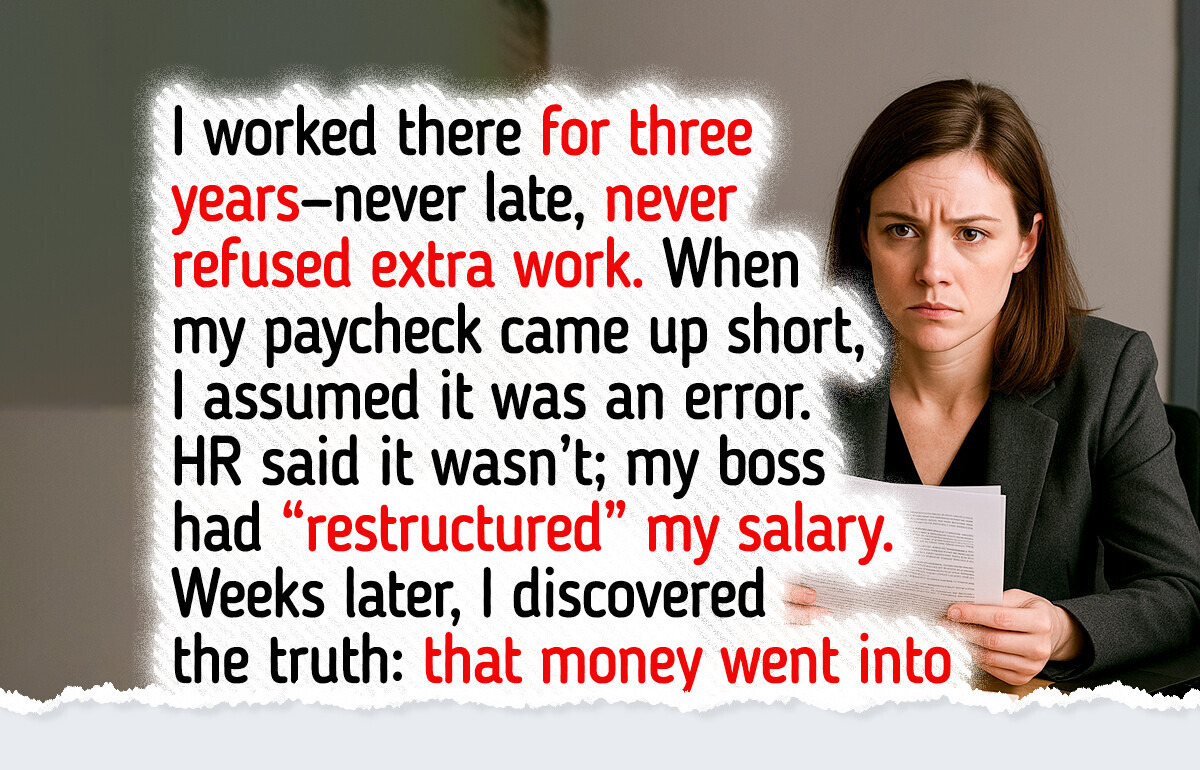
Some betrayals don’t happen in arguments — they’re hidden in paychecks and signed with silence. One of our readers wrote to us with a story that began in loyalty and ended in a quiet act of courage.
Here is her story, in her own words.
Dear Bright Side,
I worked at that company for three years — never late, never said no, even finished my boss’s work when he “left early.” So when my paycheck suddenly came up short, I assumed it was a mistake. HR said it wasn’t. My boss had “restructured” my salary, claiming I wasn’t pulling my weight.
Weeks later, I found out the truth: the missing part of my salary was quietly redirected to my boss.
I didn’t fight. I collected proof — every late-night email he sent me, every report I completed under his name, every “Just get it done for me, I’ll owe you one.” What he forgot was that I kept everything. Including the email where he bragged about “saving budget” right before quarterly bonuses.
I scheduled a quiet meeting with HR. No tears. No anger. Just documents. I showed them how my responsibilities had increased — while my salary had decreased.
I didn’t accuse him outright. I simply asked, “If I’m underperforming... why am I completing his work too?”
HR went silent.
Later, I learned that my boss had “restructured” several salaries to make his department look more efficient. Mine just happened to shrink the most. My salary was restored.
He thought I’d stay loyal. He thought I’d stay quiet. But loyalty stops the moment someone mistakes it for weakness.
Now I keep asking myself — is it wrong to become the bad guy if that’s what it takes to make things right?

The Emotional Cost of Fighting for Workers’ Rights.
Standing up to an employer isn’t just a legal battle — it’s an emotional one. New research by ILR Professor Shannon Gleeson and Jacob Lesniewski reveals that when workers are forced to file claims on their own, the system unintentionally harms those it’s meant to protect. Even workers who know their rights and have strong cases pay a heavy psychological price.
Today, many labor protections depend on workers coming forward individually, instead of being actively enforced by law. But for vulnerable workers — especially those facing wage theft, unsafe conditions, or discrimination — speaking out can be terrifying. It often triggers anxiety, trauma, and even fear of losing future jobs.
Gleeson’s research shows the burden doesn’t fall on workers alone. Worker centers and organizers, who fight on behalf of abused employees, also carry emotional strain. They become the last safety net in a system with weak enforcement — often without the resources to sustain the fight.
The Real Problem: A System Built on Worker Sacrifice.

Great job!! This is why I keep all my emails. You owe him nothing he is the bad guy not you.
Over the last century, labor laws were created — but enforcement still relies on workers reporting violations.
Emotional barriers are rarely discussed, yet they are among the strongest reasons workers stay silent.
Real justice isn’t loud. It’s built quietly, in laws that don’t require heroism just to be enforced.
15 Times a Simple Act of Kindness Spoke Louder Than a Thousand Words
Comments
Related Reads
I Refused to Give Up Motherhood to Be My Mom’s Unpaid Caregiver
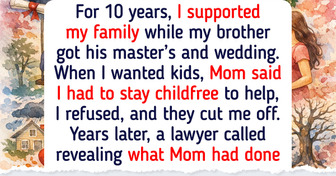
I Refused to Take My DIL on a Family Trip, She Made Me Regret This
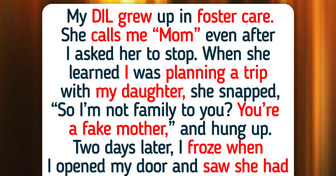
My Dad Left His Inheritance to a Stepson He Barely Knew for One Reason That Still Hurts
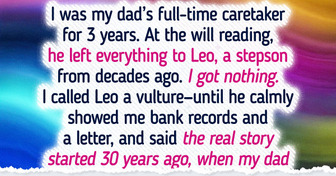
16 Tiny Acts From Strangers That Left Permanent Marks on People

My Parents Mocked Me for Being Childfree—Now They’re Living the Irony
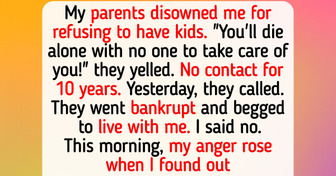
11 Stories That Prove Kindness Hits Harder Than Words
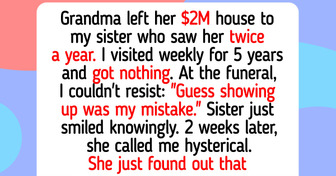
10 Moments of Superhuman Strength That Feel Like Winning the Olympic Games
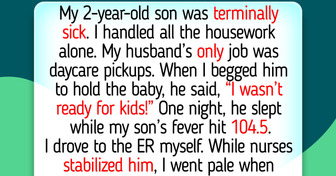
11 Employees Who Proved Kindness Is the Most Powerful Force

My Cousin Uninvited Me to Save Money—My Petty Revenge Was Absolutely Worth It

11 People Whose Small Acts of Kindness Turned Tears Into Smiles
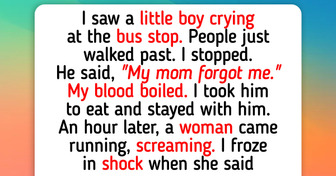
10 Dating Stories That Started Like Rom-Coms but Ended Like Horror Movies

I Refuse to Reschedule My Husband’s Funeral—Even Though My Family Planned a Wedding
